Ukrainians took away the nibbles of the fleet
How many destinies Ukraine has entwined in a heavy braid, which today is hidden under a black widow's handkerchief, how many generations will now remember that bright, good time when they served and lived here, guarding the general state peace!
There is a long tradition in the village of Don to hold torchlight processions in the evening on the eve of Victory Day. There is something magical in this action, something mysteriously holy, sorrowful, solemn, uniting in the evening half-light of all people.
Journalistic memory gave me such a memory after aviation disaster "Boeing" that happened in Rostov on March 19. These torches and weather are the main motives of the “push”. I met an interesting person, my fellow countryman just recently, and I want to tell you about him, about his Libyan-Yemeni business trips, about a terrible break in Ukraine, which also affected him.
Last year, in the course of the traditional torchlight procession in the evening of May 8, a white-haired colonel walked at the head of the famous group for the first time. Mikhail Stefanovich Viflyantsev - my countryman, a native of the Verkhnedonsky district of the Rostov region, settled in a small village of Kazan in August 2014 as a military retiree. Most of those who became officers have dreamed of this courageous and honorable profession since childhood. You can’t say the same about Michael Stefanovich: he never thought that his life would be inseparable from the sea. And where will this sea come from in the far steppe farm, which perched on a steep slope and drove through the streets of its steppes, tumbleweed, and not green and blue waves of the sea?
Misha Viflyantsev was born in 1954 in the village of Gromchansky in the family of a primary school teacher and a collective farm accountant. He had to go to school for three kilometers, to the next village, but his parents could not afford to think that he would graduate from the eight-year plan. It was especially difficult to walk in the winter when the snow covered the roads and had to wade through heavy snow drifts. School science was very good for him, and in 1971, Mikhail graduated from Meshcheryakovskaya secondary school very successfully. Only in Russian he had a four in his certificate, and the rest were all fives. In the school curriculum, Michael's favorite subject was physics, and after classes he and his friends enthusiastically collected transmitters and other devices from radio components.
Therefore, Michael immediately after school without any problems entered the Taganrog Radio Engineering Institute for the specialty “measuring equipment”. In Taganrog, he saw a sea. There was a military department at the institute, so after its graduation Viflyantsev with other graduates passed military training in Severomorsk, after which he was given the military rank of lieutenant of the reserve.
In Taganrog, our countryman found his personal happiness. Elena Ikramovna, who graduated from the pedagogical institute with a degree in Russian language and literature, became his chosen one. Thanks to his wife, and there have been dramatic changes. Once Elena's friends from the Ukrainian city of Zaporozhye invited the young couple of the Viflyantsevs to visit them. Mikhail Stefanovich and Elena Ikramovna liked this large industrial regional center of Ukraine so much that they decided to move there.
As it turned out later, the move to Ukraine was one of the events that turned Mikhail Viflyantsev’s life into a completely different direction. In Zaporozhye, Mikhail Stefanovich got a job at the Zaporozhye Machine Building Institute as an engineer of the research sector at the radio engineering department. But for a long time to live and work in this city on the Dnieper Viflyantsev not happen.
“In the fall of 1979, I was unexpectedly called to the military enlistment office for a medical examination,” he recalled. - There they explained that due to the lack of officers in the armed forces, reserve officers would be called up for military service.
In May 1980, M.S. Bethlear was called up to the Black Sea Fleet. Since then, he has given several decades naval service. From the very beginning, Viflisflaw was appointed head of the group of the central laboratory for measuring equipment of the Black Sea Fleet.
Since then, Sevastopol has become his second homeland. In September, 1983 was appointed to the position of deputy chief of the measurement and control laboratory of the Black Sea Fleet missile base on the recommendation of the standing commander Viflyantsev. In this position, Mikhail Stefanovich fell first foreign trip.
It was sent in 1986 by the command of the senior group of specialists to the Democratic People’s Republic of Yemen to assist in setting up, repairing and adjusting instruments of the Republic of Yemen’s naval forces, with which the Soviet Union had the most favorable relations among the countries of the Arab world. The state sovereignty of the USSR recognized from the very first steps the formation of a young republic, thus striking a blow at the British influence forces that controlled this country.
Mikhail Stefanovich fell into the thick of the military-political conflict that was rapidly unfolding between the South Yemeni top leadership. The two opposing sides clashed first on the political platform, and then took to the streets: there were battles between supporters of General Secretary Ali Nasser and the opposition leader, Prime Minister of Democratic Republic of Yemen, Haydar al-Attas.
However, a third party was involved in the confrontation - Ali Salem al-Beid, who became 6 in February 1986, General Secretary of the Central Committee YSP, which marked the beginning of the creation of a unified Yemen.
Only two peaceful months worked Mikhail Stefanovich in Yemen, and then the moment came when he received an order to evacuate, which took place under heavy fire. Several Soviet sailors were injured. Michael successfully survived these dangerous moments.
After returning, he was appointed deputy head of the Central Laboratory of Measurement Technology of the Fleet (TsLIT).
And a year after the new appointment, Mikhail Stefanovich was sent on a new mission: this time to another Arab republic - Libya, in the north of Africa. The Libyan mission lasted much longer: seven months.
They had to resist the American military experts who participated in virtually all military conflicts, often incited by the American side: in terms of the number of wars that America was leading, it surpassed all countries.
The largest patrol ship Al Hani, which is still the main ship of the Libyan navy, built by order of Libya in the USSR at the Zelenodolsk shipbuilding plant named after AM. Bitter and handed over in 1987-1988's.
For successful completion of the assignment in the Libyan Republic, MS Viflyantsev was awarded a diploma of the Ministry of Defense of the USSR.
Returning to his homeland, Mikhail Stefanovich continued to serve in the Black Sea Fleet that had become native.
It is difficult to live on the break of epochs when the native land is literally being torn apart by political passions that are bubbling with a volcanic vent. In 1990, Vyflyantsev received another promotion - he became deputy commander of the fleet's measuring equipment base. In 1991, he took part in the state tests of the first stationary automated complex for calibration of measuring instruments.
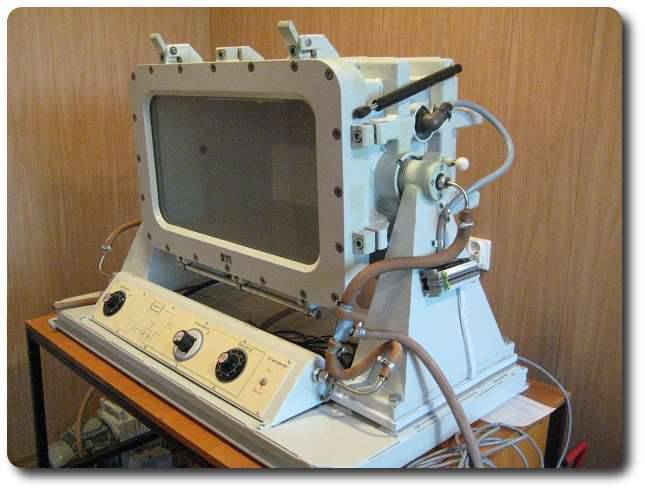
In May 1993, Vyflyantsev was appointed deputy head of the fleet metrology service.
The service in the Black Sea Fleet was complicated by the fact that at that time the base of the fleet was, unfortunately, outside the Russian Federation. Mikhail Stefanovich today recalls that even then, at the beginning of the 90-s, Ukrainian officials tried to set various obstacles for the fleet, to interfere with its relations with the mainland part of Russia, exposing all kinds of illegal obstacles, thus complicating the normal work of protecting the state border. As is known, in 1991, the then President of Ukraine Kravchuk signed a decree on the beginning of the creation of his own fleet based on the Black Sea Fleet of the USSR. Simply put, it was an order to begin the unprecedented theft of property of the Russian state, whose leaders, unfortunately, mired in oligarchic clashes and plunged them into the officer color of the nation.
The fleet was torn to pieces. Ukrainians took especially tidbits for themselves.
In 1995, in the metrological service of the Navy, Viflyantsev was offered to head the newly created measuring base of the White Sea naval base in the city of Severodvinsk.
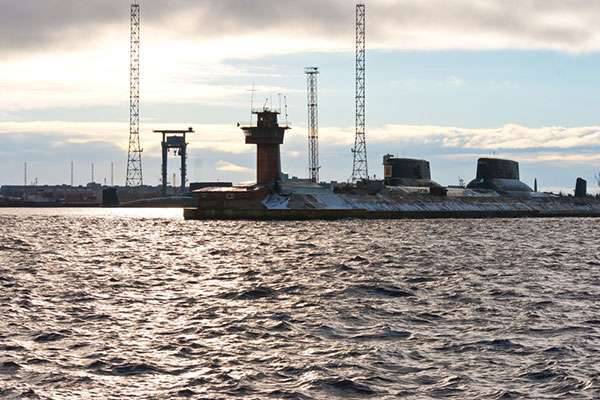
“This period of service was very difficult, especially considering the situation in the economy at that time,” recalls Viflyantsev today. - For a whole year I was developing a base: I was recruiting staff, knocking out appliances, equipment, inventory. Salaries were then delayed for three to four months. Had to pay by barter or netting. For example, a local plant manufactured tables for the placement of our devices at the base; we paid for this by repairing various equipment for this plant for a long time. Only a year later I received two rooms in a dormitory, somehow I settled on my life and moved my family.
In the 1998 year, having completed all the tasks, Mikhail Stefanovich returned to Sevastopol. And in the same year he was appointed head of the Metrological Service of the Black Sea Fleet with the assignment of the rank of colonel. In this position, he served until his retirement in January 2006.
During this period, in 2004, for the success in metrological support and safety of the reference base of the Black Sea Fleet, by decree of the President of Russia, Viflyantsev was awarded the honorary title “Honored Metrologist of the Russian Federation”. He also was awarded the badge of Gosstandart of Russia "For merits in standardization."
But when he retired, Mikhail Stefanovich did not break with naval work. Already as a civilian, he worked as a metrologist of the Black Sea Fleet communications center until 2012.
Over the decades of service on the Black Sea, Sevastopol has become a favorite city for Viflyantsev. There is family, friends, usual service. His parents associated him with the Upper Don. In the 2012 year, when, after the death of the father, the aged mother was left alone in Nizhnethovsky; Mikhail Stefanovich moved to her native farm. Later, the Biflyantsevs acquired a residential house in the village of Kazan. Since 2014, they live there with their mother Vera Fominichna. In Sevastopol, their adult daughters Natalia, Aksinya and Lyudmila remained. The two older ones work as arrows of the armed guard of the artillery plant, and the younger one began to serve as a sailor of contract service at the communications center of the fleet.
- When I lived in Sevastopol, from time to time I wanted to visit the Upper Don, says Mikhail Stefanovich. - Now, when he settled in his native lands, not far from his farm, in the village of Kazan, pulls to go to Sevastopol. Thank God, when the Crimea and Sevastopol became Russian again, it became easier to do it.
Mikhail Stefanovich met with many members of the regional club of military sailors, became friends with the crew commander Vasily Bakachev. They are often found, especially 19 March, on the day of the submariner.
Submariners are a special category of military sailors, enjoying unquestioned authority in the past in the fleets of the Soviet Union. And today they have not dropped the honor and glory of Russia. This incident occurred in the middle of the last century.
“In the summer of 1966, I was practicing aboard Baltic Fleet ships with a group of cadets of a naval school,” said Vasily Bakachev. - The ship, to which we were assigned, after repair in the dock, was undergoing planned demagnetization at the test site. A group of students on rosters with maps and tablets were navigating with the repeaters of Gyrocompass. When taking bearings, we noticed that an unmarked submarine plunged miles in three from us, and along the half-circle on the horizon the silhouettes of our escort ships loomed. Here, not far away, shuttle tacks went or two tugs and two raid minesweeps stopped the cars.
Suddenly, shortly before the dining jars, a spherical cloud of steam or bluish smoke formed in the direction of the drifting minesweepers. A few minutes later from the formed water mountain, like a cork, threw out a multi-ton submarine, which astern began to sink under water. The rescue tugs and minesweepers, who rushed to the rescue, did not manage to wind the ropes on the forward part of the submarine, almost vertically under water. It all happened in a matter of minutes.
Half an hour later, this place was cordoned off by missile boats, and from the tugs (it was clearly visible through binoculars) divers went into the water. An hour later, at the signal of the flagship, we left the area.
Then all the tests of our newest ships were highly classified, but then we learned that a tested new submarine was lifted from the depth of 75 meters, and five sailors and two engineers of the ship repair plant were killed in one of the stern compartments.
As you can see, in the struggle for the survival of the ship, the emergency compartment could not be depressurized, and the sailors died, saving the lives of the entire crew.
- Our fleet is alive. We are alive with him, ”says his friend, retired colonel Mikhail Viflyantsev.
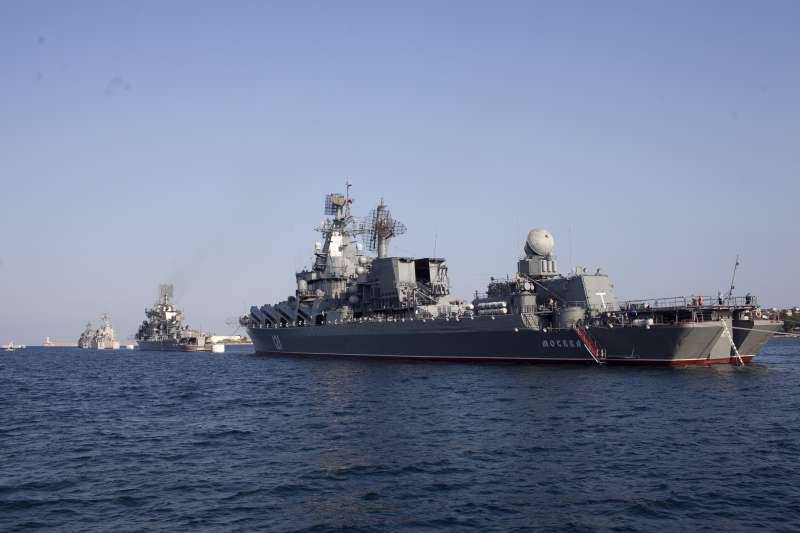
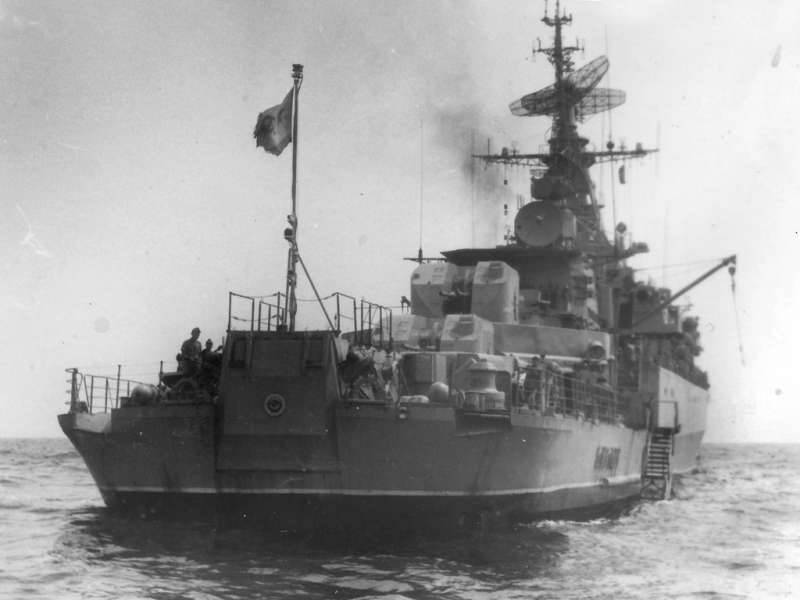
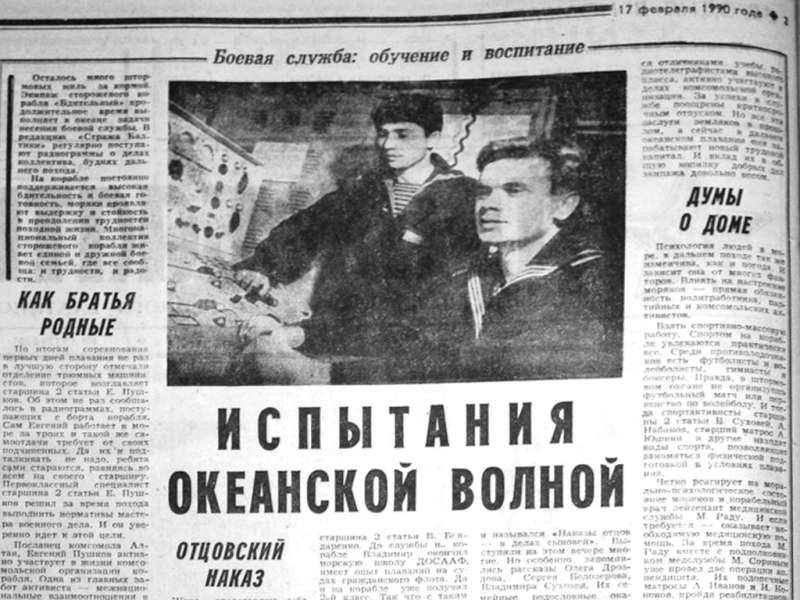
Information